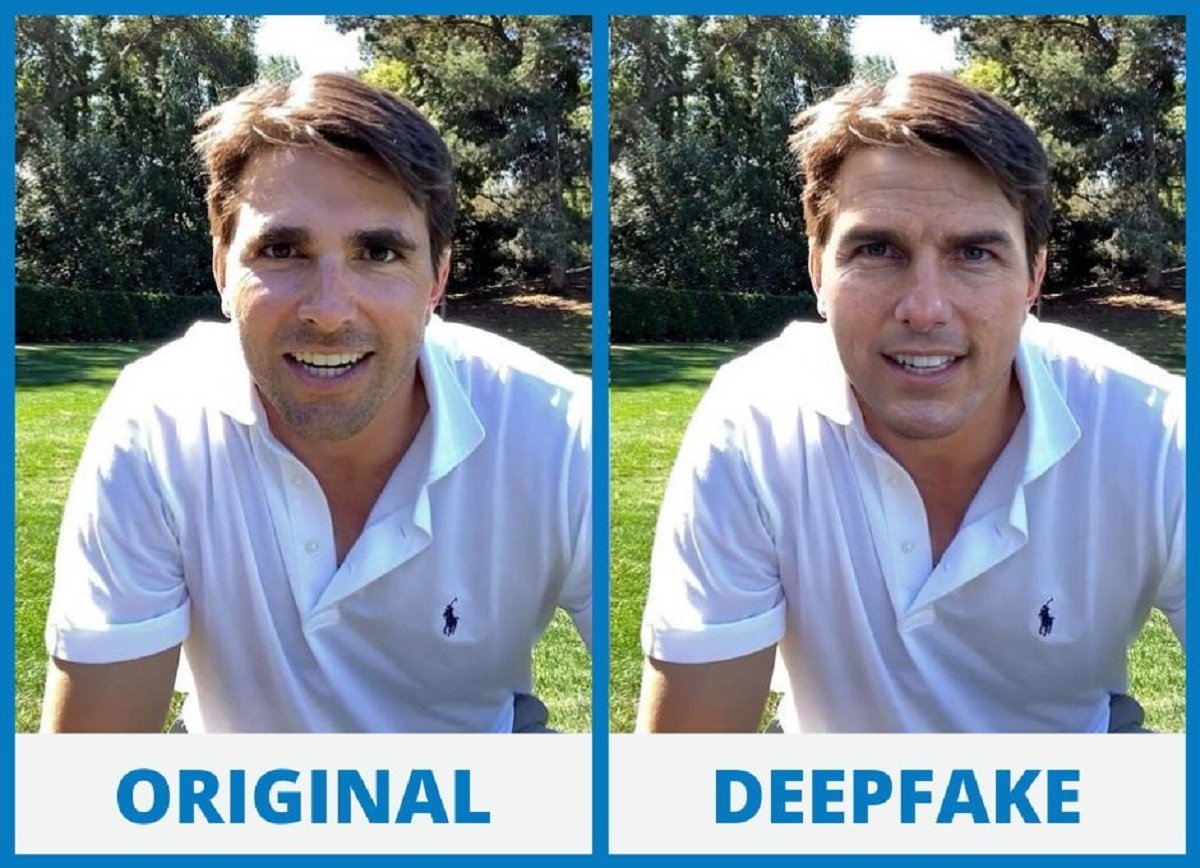
AI-Powered “Deepfakes” Pose Ethical QuandariesAI-Powered “Deepfakes” Pose Ethical Quandaries The recent advent of AI-powered “deepfakes” has raised significant ethical questions that society must grapple with. Deepfakes are forged videos or audio recordings that are convincingly realistic, often portraying individuals in situations or saying things they never did. Ethical Implications: 1. Misinformation and Trust: Deepfakes can spread false information and undermine public trust. They can be used to fabricate news stories, create fake eyewitness accounts, or spread propaganda. This can erode the credibility of established sources and make it difficult for the public to discern the truth. 2. Invasion of Privacy: Deepfakes can be created using deep learning algorithms that analyze vast amounts of data from an individual’s social media profiles and online activity. This data can then be used to create videos or recordings that appear to depict that person. This poses a significant threat to individuals’ privacy and reputation. 3. Malicious Intent: Deepfakes can be used for criminal or unethical purposes. They can be used to extort money, blackmail individuals, or smear reputations. They can also be used to manipulate elections or incite violence. 4. Lack of Authenticity: Deepfakes undermine the concept of authenticity in media. They can make it difficult to distinguish between real and fake videos or recordings, eroding trust in the information we consume. This can have a profound impact on free speech and democracy. Legal and Regulatory Challenges: The legal implications of deepfakes are complex and evolving. In some jurisdictions, creating or distributing deepfakes may constitute a crime, such as fraud or defamation. However, there are also concerns that anti-deepfake laws could infringe on freedom of expression. Mitigation and Solutions: * Awareness and Education: Educating the public about deepfakes and their potential impact is crucial. * Technical Detection: Developing technologies to detect deepfakes can help mitigate their harmful effects. * Ethical Guidelines: Establishing industry-wide ethical guidelines for AI development and deepfake creation can help prevent abuse. * Legal Frameworks: Creating clear and comprehensive legal frameworks that balance freedom of expression and the need to protect society from deepfakes is essential. * International Cooperation: Deepfakes transcend national borders, so international cooperation is necessary to address the ethical challenges they pose. The ethical dilemmas posed by AI-powered deepfakes are complex and require a multifaceted approach. By combining awareness, technical advancements, ethical guidelines, legal frameworks, and international collaboration, society can harness the benefits of these technologies while mitigating their potential risks. Ultimately, the responsible use of deepfakes will shape the future of truth, trust, and media consumption in our digital age.
Posted inNews